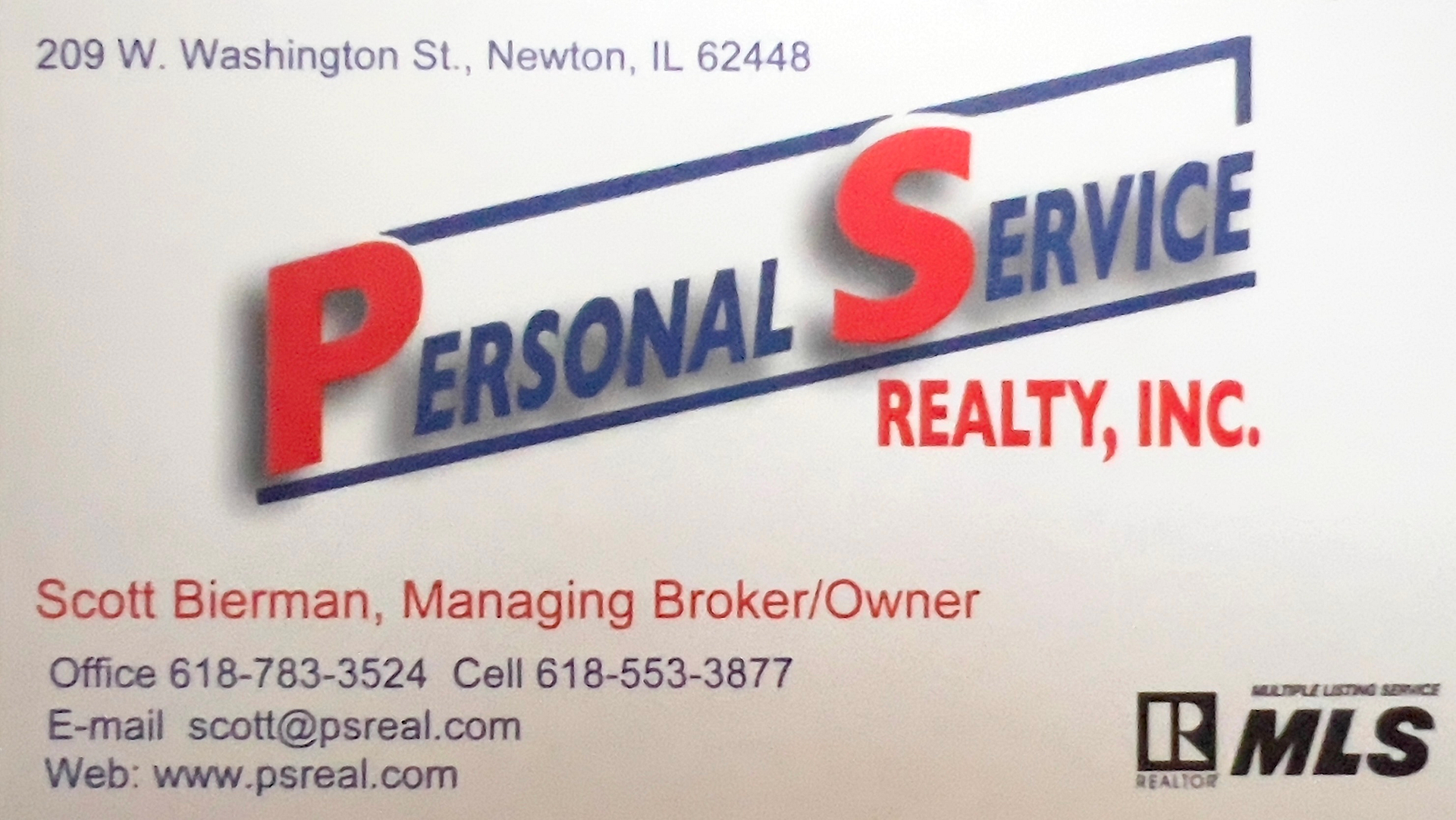
Jasper County property owners are receiving their Quadrennial reassessment for each property owned. With 2023 being a Quadrennial reassessment year, according to the Illinois State statute, every parcel will receive a revised assessment notice, regardless of if the value of the property has changed or not.
This notice will state the prior year’s assessment and the Jasper County final assessment after any multipliers have been applied. This assessment is based on 3 years of adjusted valid sales of homes. 2023 values are based on adjusted sales from 2022, 2021, and 2020.
To understand how property taxes are determined one would need to look at the value of the home. For example, if the home value is $150,000 then the owner is taxed on $50,000 which is 33 and ⅓ of market value in the state of Illinois. Then any exemptions would be applied. Examples of exemptions include: homeowner (if you own and live in the home), senior exemptions for those over 65 and live in the home, a senior freeze which will freeze the assessment but the total gross household income must be under $65,000 a year to qualify, disability exemptions, disabled veteran exemptions, and home improvement exemptions.
On any non farm homestead you can qualify for a four year exemption to keep an exemption or improvement off of the tax bill for four years. Deck, porch, patio, garage. To receive any of these exemptions, you must contact the Supervisor of Assessments office. Additionally, if you have removed a structure from your property you need to let the office know so you do not continue to be taxed on the structure.
Oil and solar panels are taxed as well. Oil (mineral tax) for 2023 payable 2024 is up 80% and that is based on the average barrel per day from July 1st of 2021 to June 30, 2022 and it is assessed in 2023 to pay in 2024. Additionally, if solar panels are used for commercial use the taxes will be higher. The market value is $218,000 per megaWatt so taxes are paid on 33 and ⅓ percent of that.
If an owner disagrees with the reassessment they can request an appeal with the board of review. However, one must be aware of the fact that the board of review can not only lower your assessment, they can also raise your assessment if they find your property value is higher than the current assessment. If a certified appraisal shows your home at a lesser value than you are being assessed, it might be worth appealing.
The assessed value of the property is only one factor in determining the property taxes owed. It determines the owner’s share of the levies relative to the total assessed value of the area. The levies and the total assessed value of the area determine the local tax rate.
Each taxing body (local school districts, community colleges, fire protection districts, county, municipality city/village, townships, public library) sets their own levy which then combines to create the local tax rate. This is why even if one body lowers their levy the overall taxes may not be lowered.





